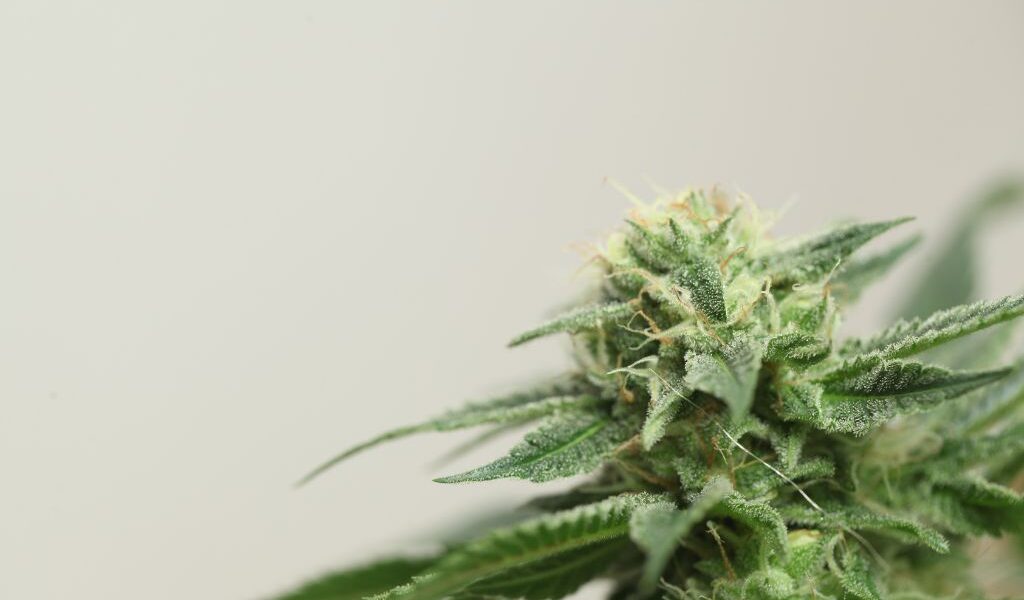THCa Flower for Wellness Enhancement
In recent years, the interest in cannabis and its various compounds has surged, with many individuals exploring its potential benefits for wellness. One such compound that has garnered attention is THCa, or tetrahydrocannabinolic acid. Unlike its more famous counterpart THC, THCa is non-psychoactive, making it an appealing option for those seeking therapeutic benefits without the high.
Understanding THCa
THCa is a cannabinoid found in raw and live cannabis plants. It is the acidic precursor to THC, meaning that when cannabis is heated through smoking, vaping, or cooking, THCa converts to THC. This process, known as decarboxylation, is what gives THC its psychoactive properties. In its raw form, THCa does not produce the same effects, allowing users to experience potential health benefits without the psychoactive impact.
Potential Health Benefits of THCa
Research into THCa is still in its early stages, but preliminary studies and anecdotal evidence suggest several potential health benefits:
- Anti-inflammatory Properties: THCa may help reduce inflammation, making it a potential option for those with conditions like arthritis or inflammatory bowel disease.
- Neuroprotective Effects: Some studies indicate that THCa could have neuroprotective properties, which might be beneficial for neurodegenerative diseases such as Parkinson’s and Alzheimer’s.
- Anti-emetic Benefits: THCa has shown promise in reducing nausea and vomiting, which could be helpful for patients undergoing chemotherapy or those with chronic conditions that cause these symptoms.
- Antioxidant Properties: The compound may act as an antioxidant, helping to protect cells from damage caused by free radicals.
Case Studies and Research
Several case studies and research projects have explored the potential benefits of THCa. For instance, a study published in the British Journal of Pharmacology found that THCa exhibited anti-inflammatory properties in animal models. Another study in the Journal of Neuroimmune Pharmacology suggested that THCa might have neuroprotective effects, potentially offering a new avenue for treating neurodegenerative diseases.
In addition to formal research, anecdotal evidence from patients and healthcare providers supports the potential benefits of THCa. Many individuals report relief from symptoms such as pain, inflammation, and nausea after incorporating THCa into their wellness routines.
How to Use THCa Flower
There are several ways to incorporate THCa flower into a wellness regimen:
- Raw Consumption: Consuming raw cannabis leaves or flowers in smoothies or salads can provide THCa without the psychoactive effects of THC.
- Tinctures and Oils: THCa tinctures and oils can be added to food or taken sublingually for a more concentrated dose.
- Topicals: THCa-infused creams and balms can be applied directly to the skin for localized relief from pain and inflammation.
Legal Considerations
The legal status of THCa varies by region. In some areas, THCa is considered legal as long as it is derived from hemp and contains less than 0.3% THC. In other regions, all forms of cannabis, including THCa, may be restricted. It is important to research local laws and regulations before purchasing or using THCa products.
Consumer Tips
When selecting THCa products, consider the following tips:
- Source Quality: Choose products from reputable sources that provide third-party lab testing to ensure purity and potency.
- Product Type: Decide which form of THCa best suits your needs, whether it be raw flower, tinctures, or topicals.
- Dosage: Start with a low dose and gradually increase to find the optimal amount for your wellness goals.
Conclusion
THCa flower offers a promising option for those seeking wellness enhancement without the psychoactive effects of THC. With potential benefits ranging from anti-inflammatory and neuroprotective properties to anti-emetic and antioxidant effects, THCa is an exciting area of research and application. As with any wellness product, it is important to choose high-quality sources and consult with healthcare providers to determine the best approach for individual needs.
